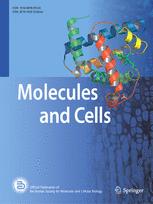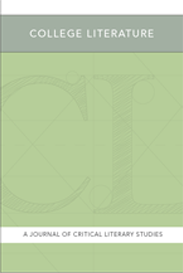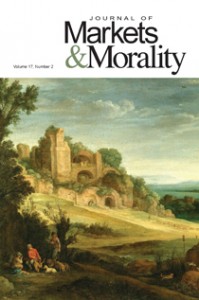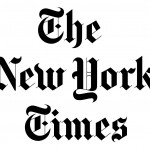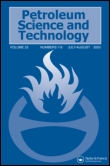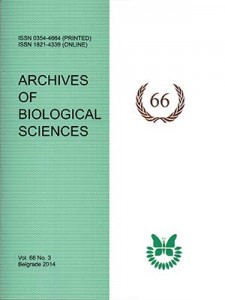 Editors at the Archives of Biological Sciences, the official journal of Serbian Biological Society, have unleashed a flood of retractions and corrections as part of an effort to fix the mistakes of the former editorial board.
Editors at the Archives of Biological Sciences, the official journal of Serbian Biological Society, have unleashed a flood of retractions and corrections as part of an effort to fix the mistakes of the former editorial board.
The fixes – 16 retractions and two corrections, by our count – are in response to a formal investigation that took place last year, and ended with a call for a two-year suspension of the journal’s funding and the resignation of key management figures, including the editor-in-chief, Božidar Ćurčić (who resigned after the announcement).
Goran Poznanović, the new editor-in-chief at ABS, told us that the journal is invested in cleaning up past mistakes and will investigate every request.
